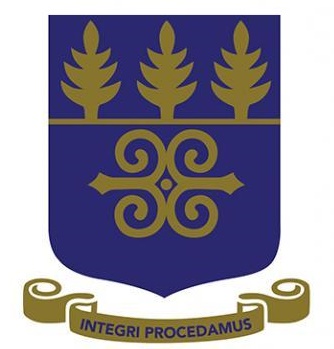GEOG 326 3 Credit Hours
Research Methods
This information is for second semester 2017/2018 academic year
Teachers responsible
Prof. J. Yaro Prof. J. Teye
Availability
This course is available open to all visiting students but only as a second semester course.
Course content
The purpose of the course is to help students develop their skills to be able to conceptualise, plan, design and execute social science research projects. In this course, students will be exposed to the debates, ethical considerations and epistemological issues surrounding the main social science research paradigms. Students will also be taught how to formulate research problems and choose appropriate methodology to investigate their research questions.
Teaching
Two-hour lecture and 1-hour tutorial per week.
Students are expected to attend all lectures and participate actively in class discussions.
Formative coursework
Final grades will be based on interim assessment of two take-home assignments (10% each), Attendance (10%) and the end of semester examinations (70%). However, group presentations will be used to monitor students’ progress.
Indicative reading
Teye, J.K (2012) Benefits, challenges, and dynamism of positionalities associated with Mixed Methods Research in Developing Countries: Evidence from Ghana. International Journal of Mixed Methods Research, 6 (4), 379-391
Castro, F.G. Kellison, J.G. Boyd, S.J. & Kopak, A. (2010). A methodology for conducting integrative mixed methods research and data analysis. Journal of Mixed Methods Research, 4(4) 342-360.
Tashakkori, A., & Teddlie, C. (2010). Putting the Human Back in Human Research Methodology: The Researcher in Mixed Methods Research. Journal of Mixed Methods Research, 4: 271-277.
Boeije, Hennie 2010. Analysis in qualitative Research. Sage, London. (Lecture 2. 43-56)
Mayoux, Linda 2006. Quantitative, Qualitative or Participatory? Which method for what and when. In Desai V. and Potter R. B.: Doing development research.
Assessment and Grading
The assessment for this course has been designed to help all students to maximize their individual learning opportunities. A summary of the assessment tasks is provided below.
- Two Mid-semester test/continuous interim assessment: 20%
- Attendance: 10%
- Final Examinations: 70%
- Total: 100%
Grading Scale:
|
Letter grade |
Marks |
Grade point |
|
A |
80-100 |
4.0 |
|
B+ |
75-79 |
3.5 |
|
B |
70-74 |
3.0 |
|
C+ |
65-69 |
2.5 |
|
C |
60-64 |
2.0 |
|
D+ |
55-59 |
1.5 |
|
D |
50-54 |
1.0 |
|
E |
45-49 |
0.5 |
|
F |
0-44 |
0.0 |

